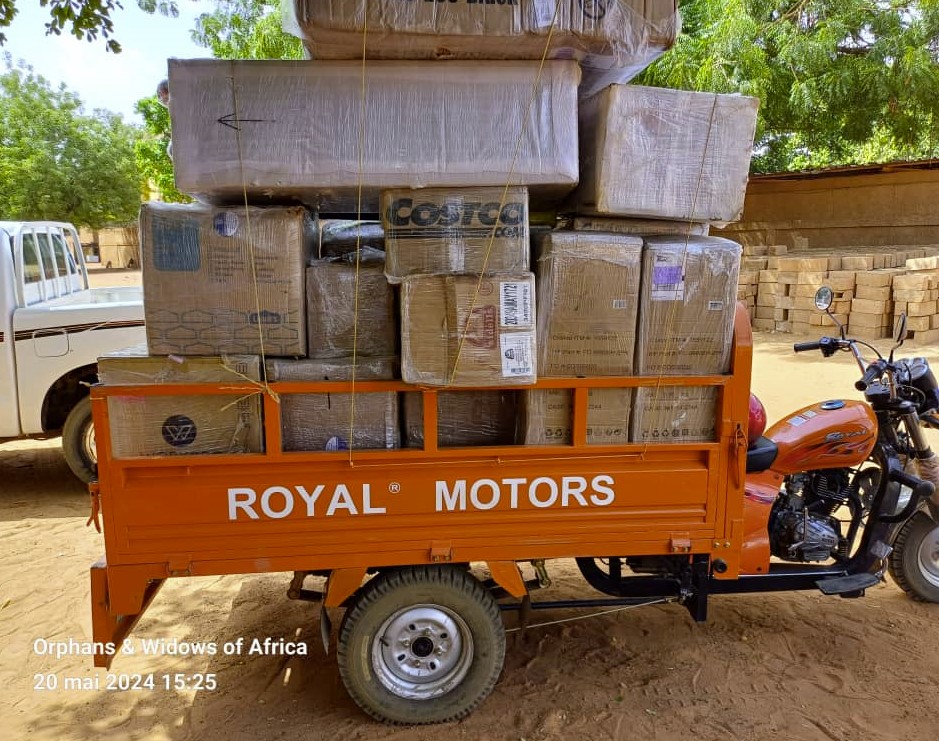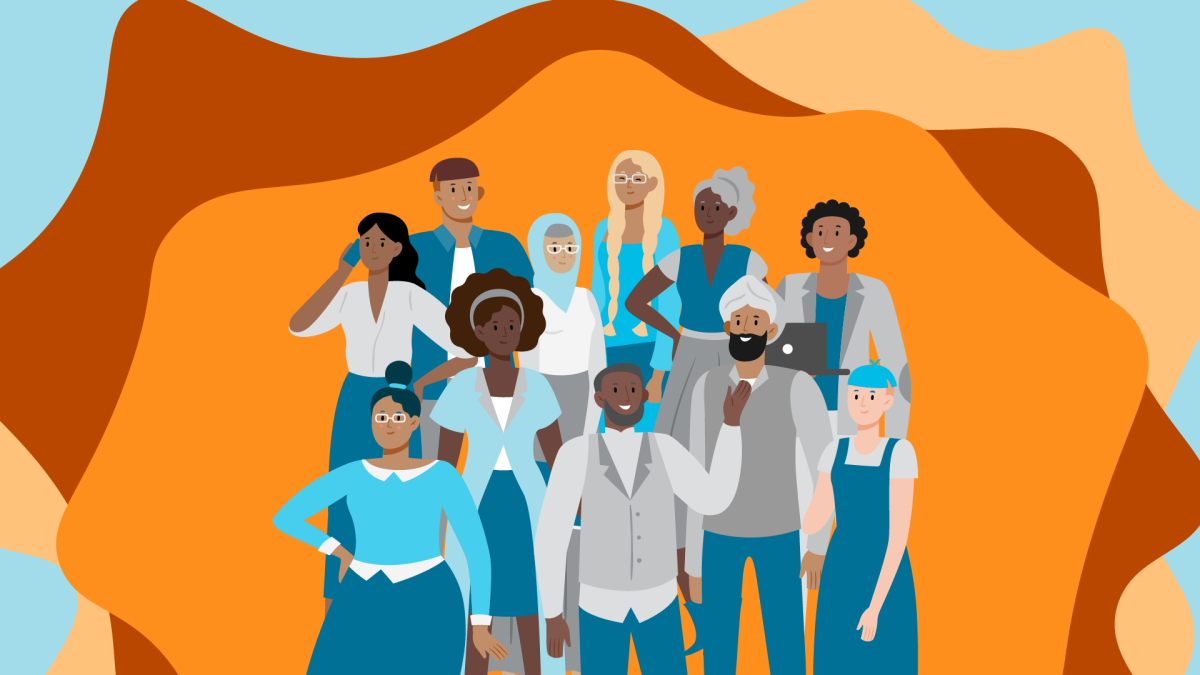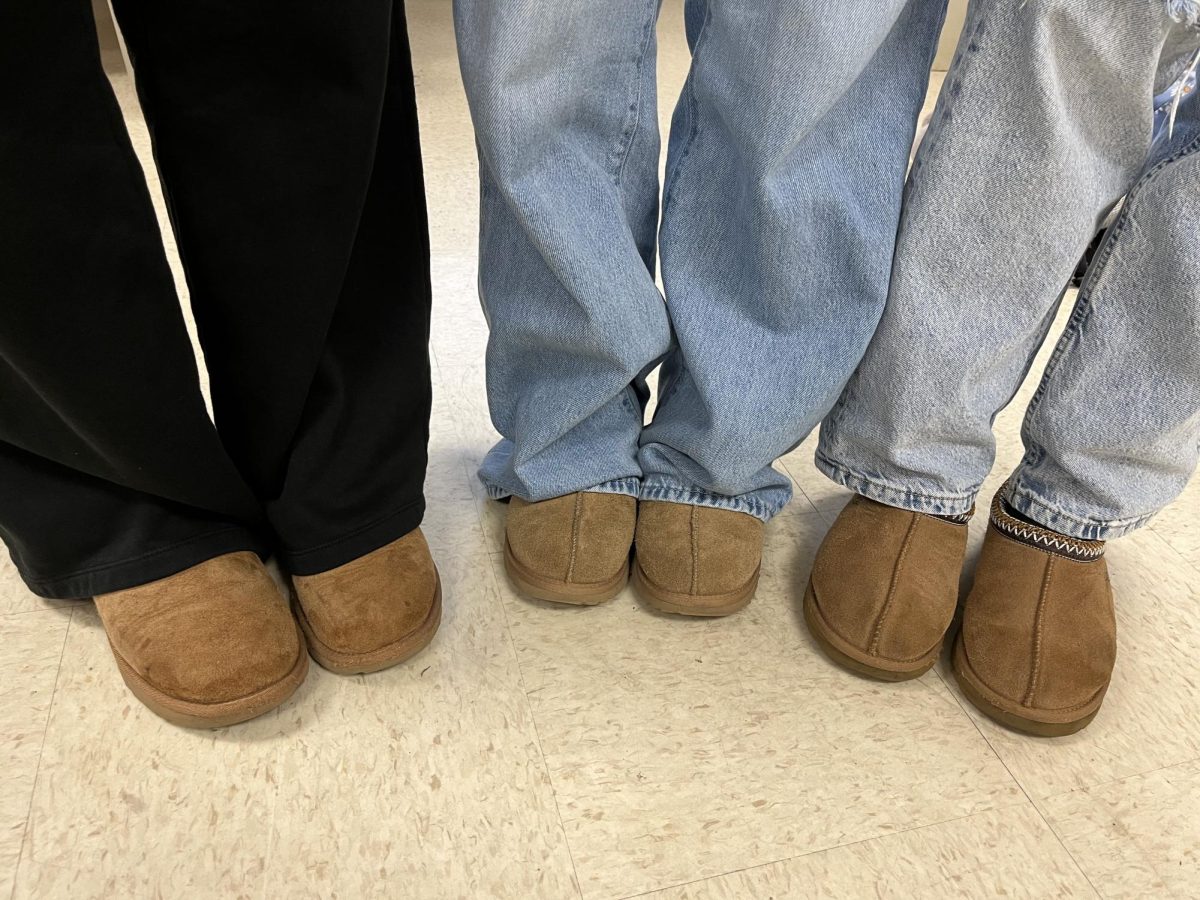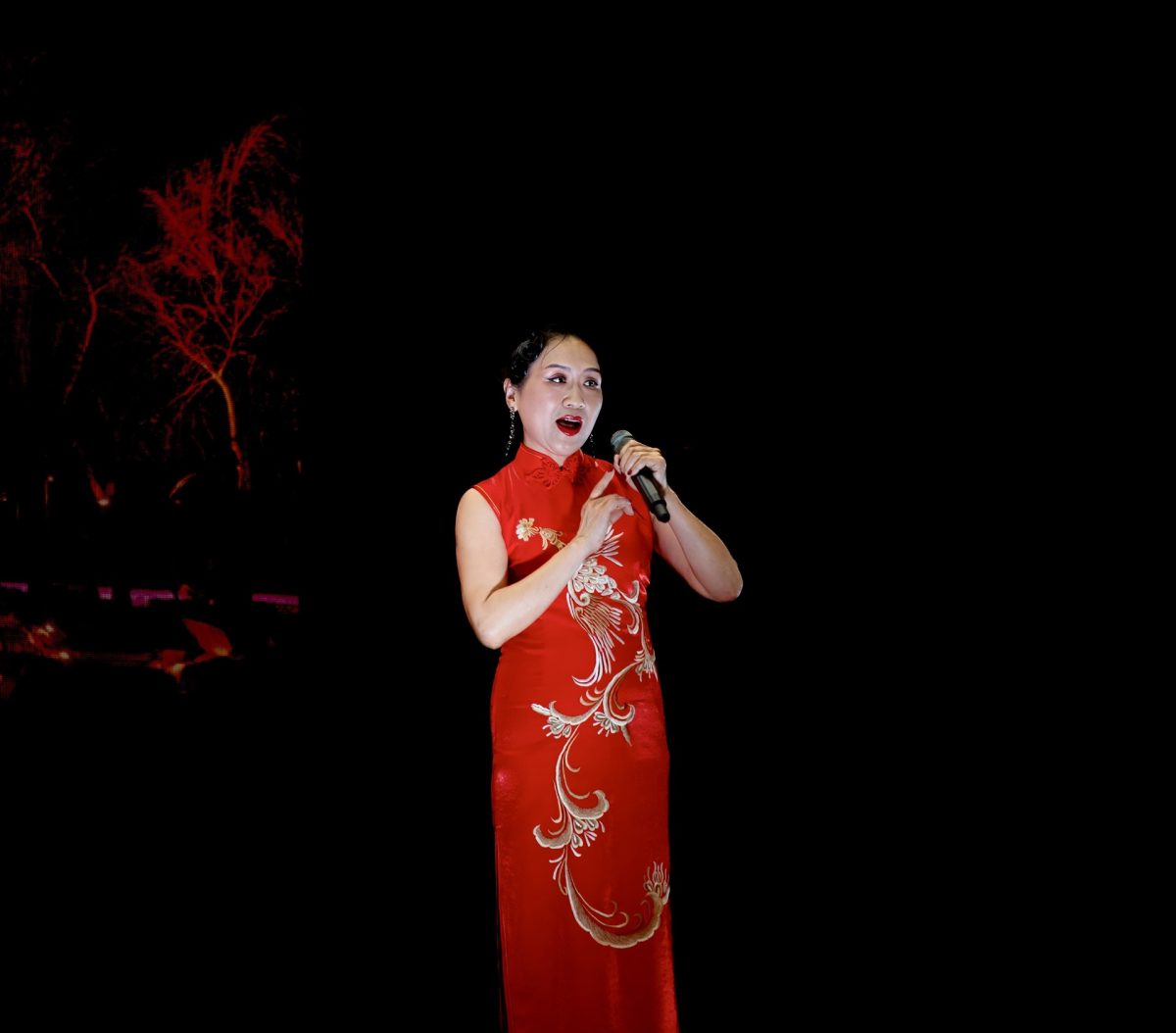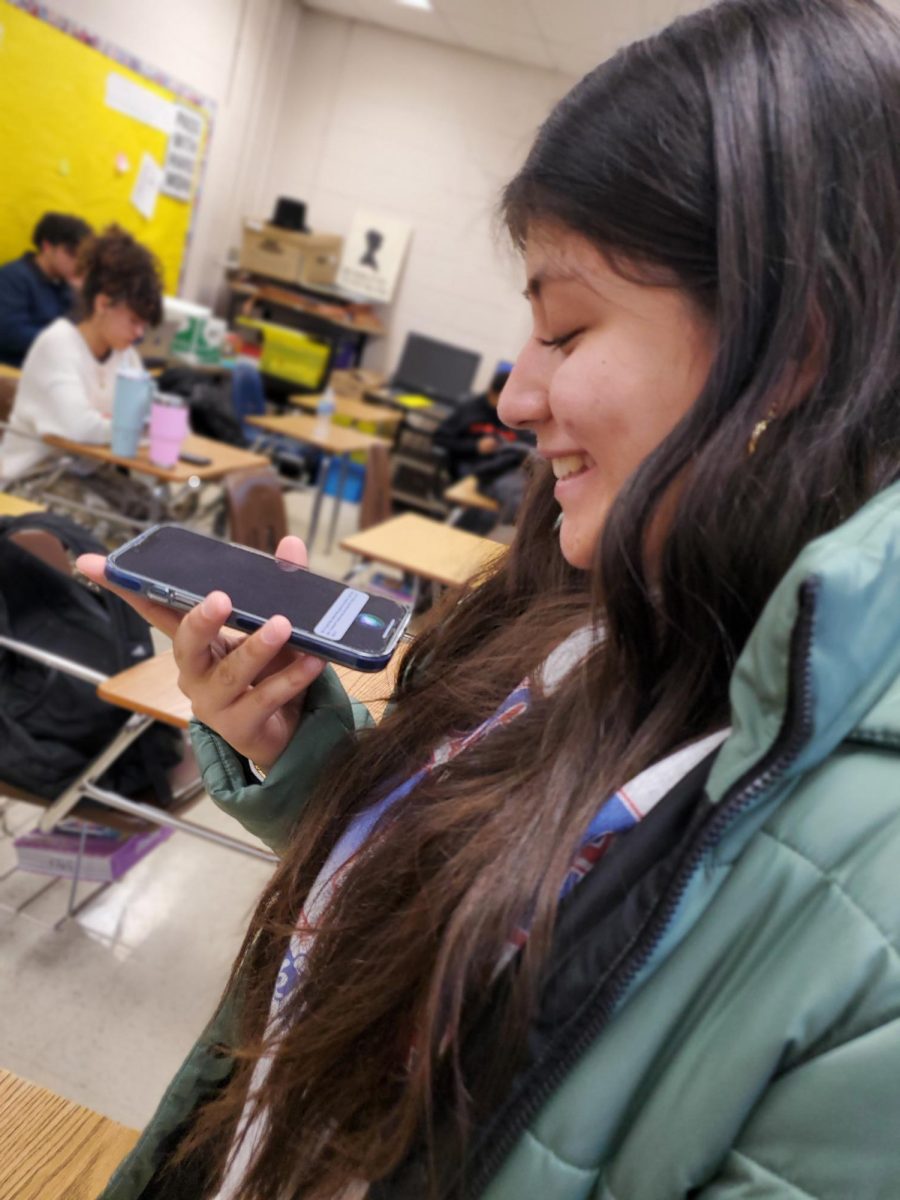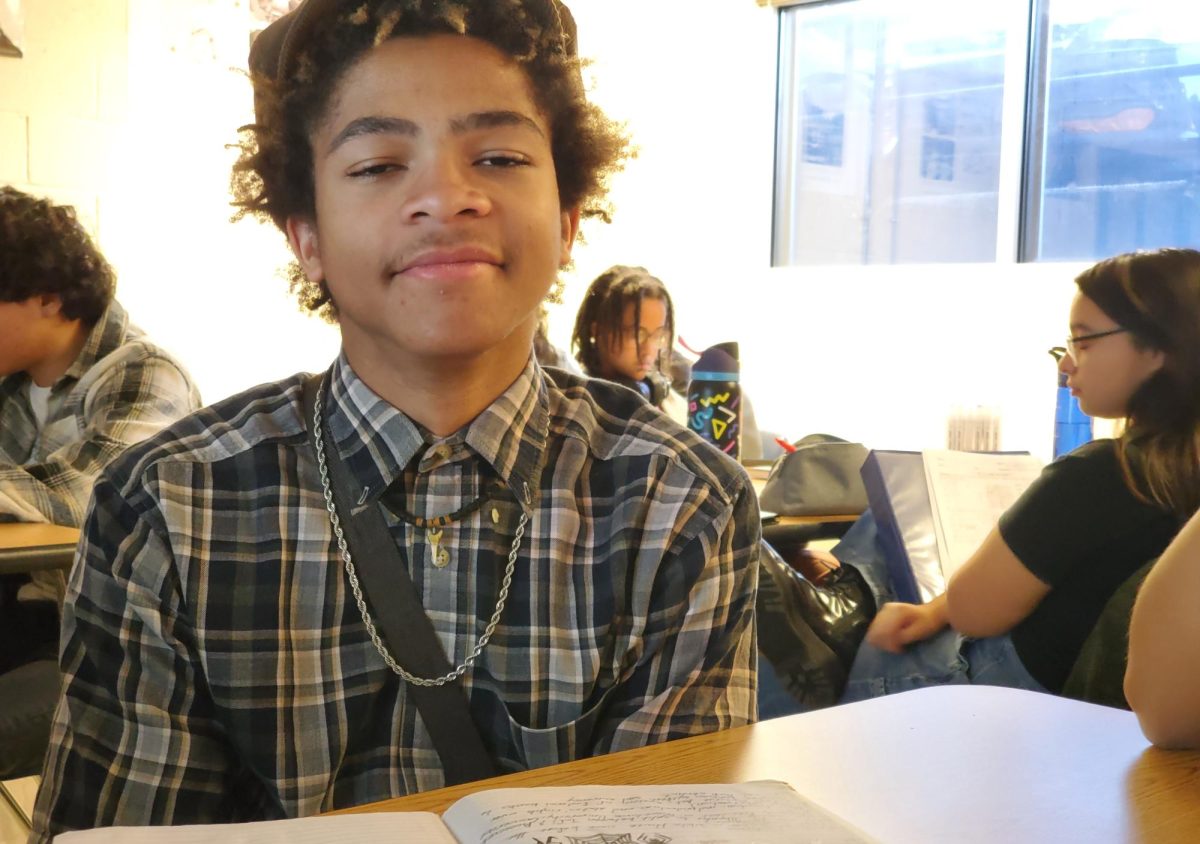Throughout the years, American youth have gained access to increasingly greater resources. At 16 teens are allowed to obtain a driver’s license. At 18 they can vote and at 21, young adults can legally consume alcoholic beverages and smoke tobacco. However, the following is something that is not restricted by age: starting a nonprofit. Whether one is four years old like Alex Scott with his lemonade stand nonprofit to fund cancer research or well into adulthood such as Aboubacar Amadou Ide, the president and founder of Orphans and Widows of Africa (OWA), the opportunity is open.
Ide has worked at White Station High School (WSHS) for two years teaching AP and Honors Statistics, but his journey in education started much earlier. In 1995, he graduated with a degree in statistics with the help of international government scholarships that made his education effectively free. After fulfilling some of the responsibilities that came with the scholarship, he paired with Macro International, a nonprofit based in Washington D.C. This partnership allowed him to travel the world.
“We have kids going to school with basically … nothing,” Ide said. “Kids are arriving [at] school, then, the classrooms are sometimes crumbling. Medical health centers are very difficult. Remember that [Niger] has been classified [as] the poorest country in the world. And so, when you collect data [you realize] ‘I have to do something.’”
In 1998, Ide published a book on the statistics and population trends of the Nigerian people. After this research, he came back to America and got a Master’s in Education Administration, Supervision and Instructional technology — a program that took him seven years.
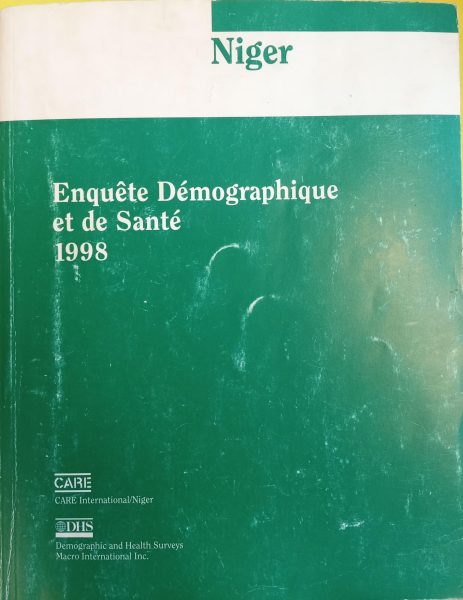
(PHOEBE FUERST//USED WITH PERMISSION)
“So I said, ‘Okay, how can I put all this knowledge, experience and education in public health into [happiness],’” Ide said.
Using all of his skills and knowledge, Ide set out to make a difference in Niger. For about 12 years, he spent thousands of dollars of his own savings buying school supplies for children in Niger. Eventually, he decided to make it a nonprofit — hence the creation of OWA — set on supporting the most vulnerable populations in Niger.
“I was a senior in college in 1994 when my father passed away,” Ide said. “So I knew from personal experience how hard it is for a woman to have [a certain] number of kids to care for when she herself did not have any job.”
This process did not go without complications; there are many legal hoops to go through to become a recognized nonprofit. To begin the process, one has to determine the legal minimum number of organizers; for Tennessee, it is three people. Then, with at least two others, potential nonprofit organizers go to the government website and pay a $100 fee. Once you get confirmation that your application was accepted, there are more forms for tax exemptions. However, the process also involves mental steps.
“[The first step of setting up a nonprofit] is mentally,” Ide said. “You have to know what you want to do and how are you getting the funds, and then ask yourself 1,000 time[s] questions [like] ‘Why am I doing this?’ If you are not convinced, the first day you [will] give up.”
Since the creation of OWA, Ide has barely taken a break. Every break, he drives 840 miles in a large rented truck to Maryland where he loads the supplies onto shipping containers. The supplies then take a several-month-long, expensive journey to Niger. For the past three years, he has dedicated his vacation time to his work. In a normal week, he will go straight from the classroom to his nonprofit, adding 40 or so hours onto the hours he works as a teacher. In essence, he has two full-time jobs.
“I know it’s too much,” Ide said. “Yes. I feel the burnout, but there’s something that I tell … my students [that is] rewarding. You can be completely exhausted, burned out, but you [can] devote 30 minutes of your time, 30 [dollars] of your money to put a smile on somebody’s face.”
In the classroom, Ide’s mission to improve the education of youth continues. Every day he intertwines statistics and the real world, making sure that he does his best to cultivate adults who see statistics in the world around them and will use them like he does to protect the vulnerable. He strives for not only a WSHS that realizes that humans have accountability towards their peers but also a society that realizes that same dream.
“I’m just a teacher, [a] poor person, but I know how much [time and money] I spend,” Ide said. “I don’t want that to [be] wasted. So young people [need to be prepared by older people] to take hold.”
Ide has not only used his personal experiences to fuel this drive for a better world; he has also used the experiences of others. He draws inspiration from leaders such as Martin Luther King Jr., but also from religious leaders. Throughout his life, he has practiced Islam and used the Quran to help inspire him in his work.
“One thing that our prophet of Islam says [is that] ‘If you see evil, change it with your hand,’” Ide said. “‘If you cannot change it with your hand, change it with your tongue, and if you cannot change it with your tongue, detest it, repulse it with your heart.’”



































